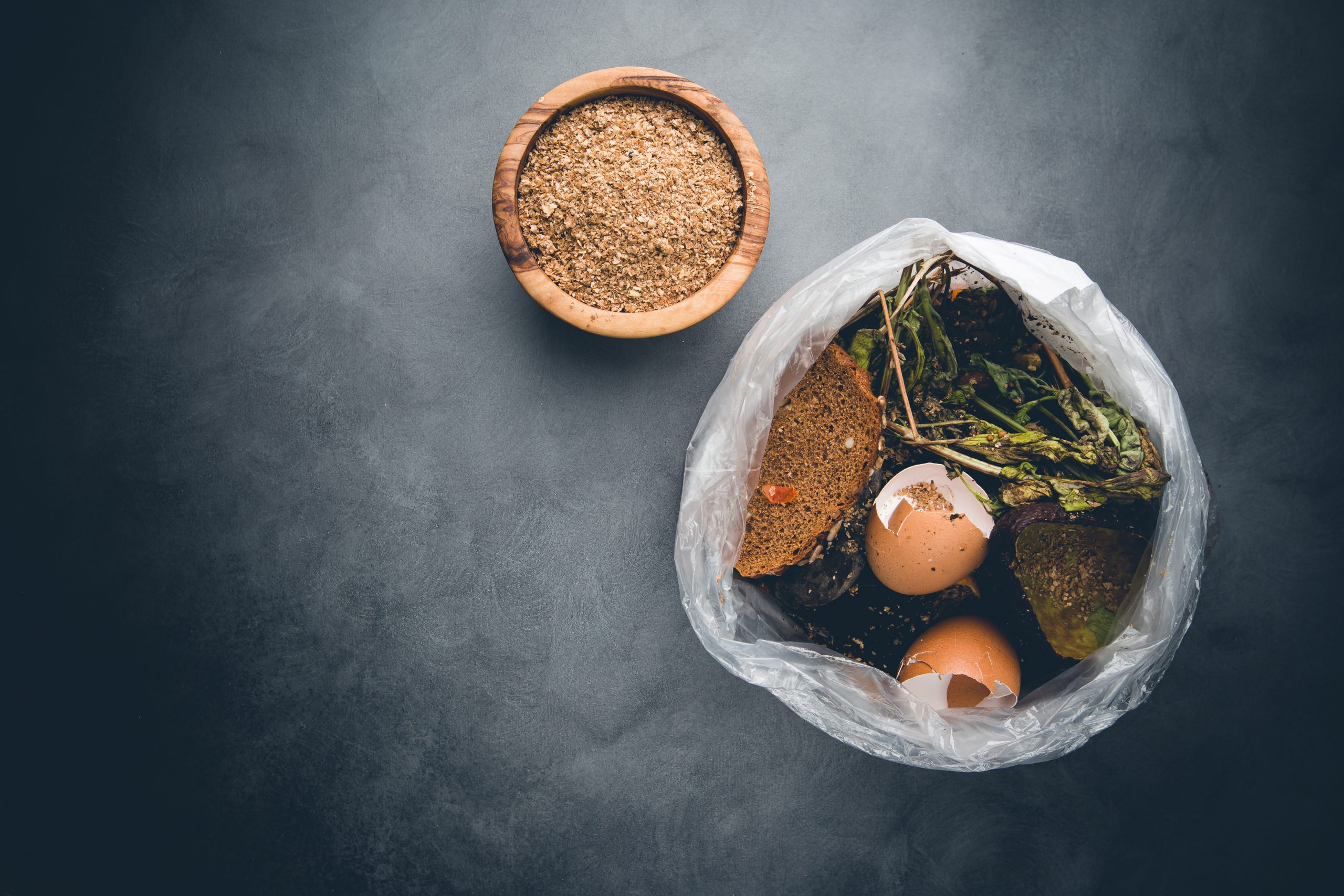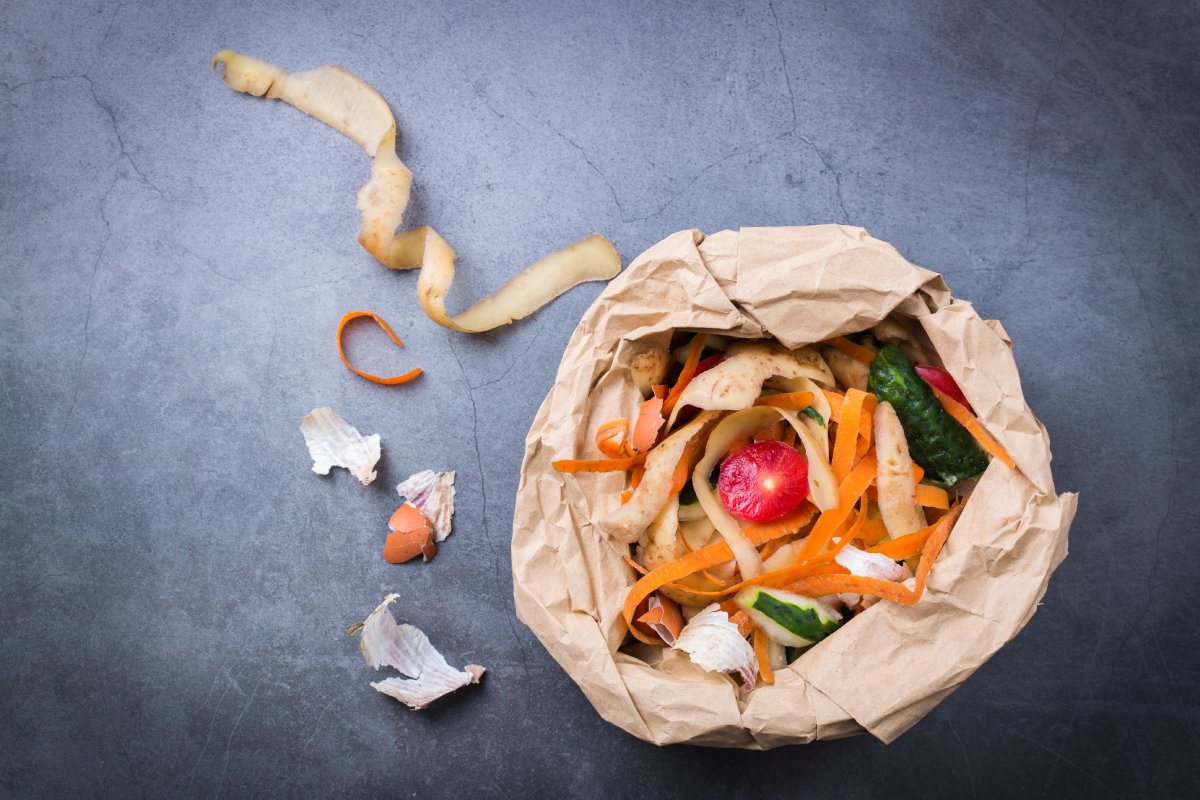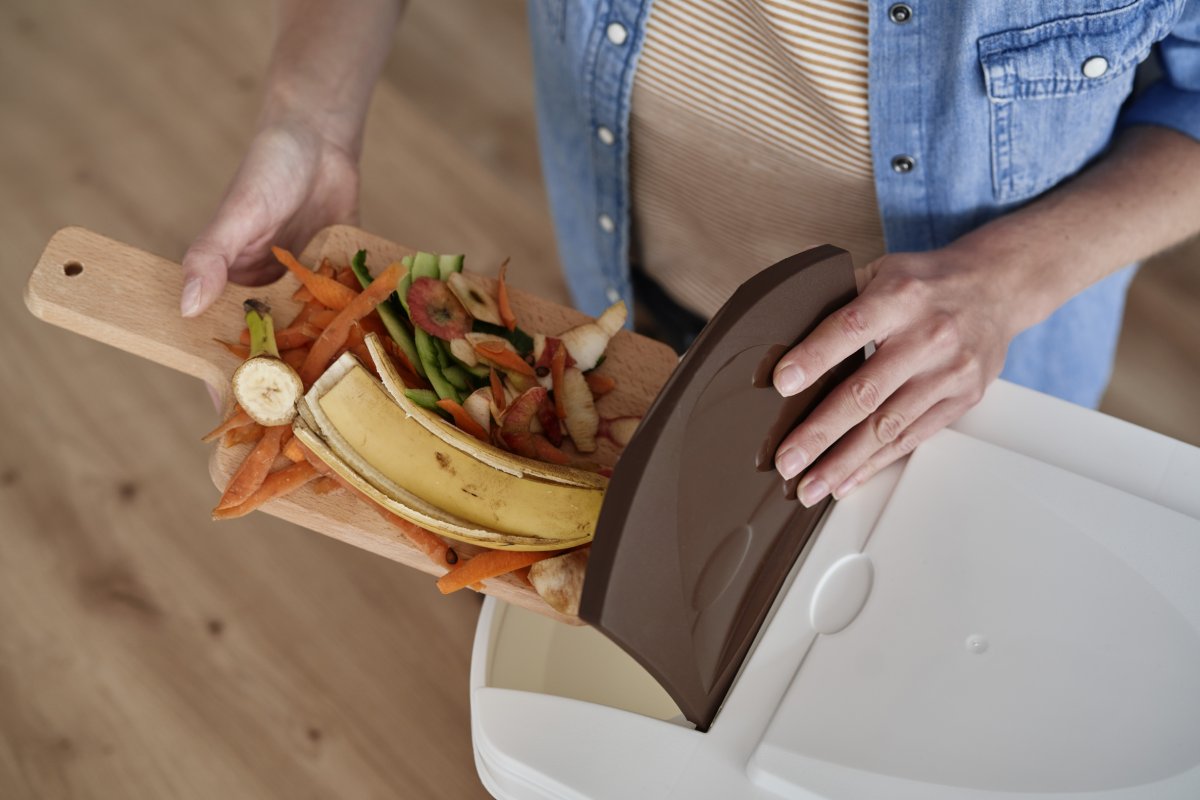You’ve likely heard of composting before, but how much do you really know about it? Is it something that is strictly reserved for farmers or people with large gardens at home? Or is composting something that is accessible to everyone?
In this article, we’re going to highlight the benefits of composting, outline why it is good for the environment, and identify which composting method is best.
If you are interested in exploring the prospect of composting further, read on and we’ll fill you in with everything you need to get started.
What are the benefits of composting?

What are the benefits of composting at home? And what is composting exactly? According to the Cambridge Dictionary: “Composting is the act of collecting and storing plant material so it can decay and be added to soil to improve its quality: There should be more composting of garden and food waste. Composting means less waste goes to landfills.”
For you, there are many ways in which your home and lifestyle can be improved. For example:
- Homemade compost can be used to enrich your soil, help it to retain moisture, suppress plant diseases, and stave off pests. Perfect for keeping your house plants rich and healthy!
- Quick and easy! A quality electric composter can create a usable by-product in as little as a few hours.
- Using your own homemade compost means that you will no longer need to rely on chemical fertilisers. Not only will this help you to save money, but you will also be doing your part for the environment.
- Quality compost encourages the production of helpful bacteria and fungi that speed up the process of breaking down organic matter. The result is a nutrient-filled material that can be fed to your favourite plants to help them grow even healthier!
- When you turn your own household food waste into compost, you’ll be reducing your impact on landfills, thus reducing methane emissions and lowering your carbon footprint. Every little bit helps!
- You won’t need to take the trash out as often! When you cook every evening and put food scraps into your bin, you need to empty the trash in the evening otherwise your kitchen will start to smell. The good news is that when most of your food waste goes right into your composter, you won’t need to worry about emptying your trash can until it is full.
- You can compost more than food waste! Here are some examples of things you can throw in the composter at home:
- Fruits & veg
- Crushed eggshells
- Coffee grounds
- Tea bags
- Nutshells
- Shredded newspaper
- Shredded cardboard
- Shredded paper
- Grass clippings
- Houseplants
- Leaves
- Sawdust
- Wood chips
- Fur
- Fireplace ashes.
Why composting is good for the environment?
Put it this way, composting is good for the environment because as a global community, more than 1.4 billion tonnes of food is wasted each year – most of which ends up in landfills.
Here are 10 reasons why the environment will thank you for composting your food waste:
- Reduces landfill waste: composting is the single most effective means of recycling food and yard waste. Landfills are expensive and terrible for the environment, so anything you can do to reduce your impact is a bonus.
- Lowers greenhouse gas emissions: when your food waste rots, the awful smell is methane – a greenhouse gas that is x24 more potent than CO2. In other words, by composting you can reduce the harmful chemicals being emitted into our atmosphere.
- Composting is great for sustainable agriculture: compost is a great alternative to chemical fertilisers which can be happily utilised by local farmers. If you produce so much compost you don’t know what to do with it, you can always share it.
- Support locally: by sharing excess compost with farmers you will be reducing their overheads, thus contributing to locally sourced restaurants that can get local produce for less.
- Reduced soil erosion and water runoff: compost is great for improving soil structure and aeration. Quality soil doesn’t blow away in the wind, thus helping to maintain your environment and prevent flooding due to erosion.
- Fewer natural gas usage: chemical fertilisers are made from natural gases. By opting for composting you will be reducing your impact.
- Enrich the environment: compost is great for suppressing diseases in plants, reducing the impact of pests, and eliminating the need for chemical fertilisers entirely. All great ways to protect water sources and promote healthier wildlife.
- Save water: compost is excellent at helping soil to retain water. If you have an especially dry lawn for example, then you understand how important water retention really is. Simply by using compost you can reduce your water consumption.
- Healthier soil: compost helps soil to maintain a natural and healthy pH level. It also promotes and supports microbes and other helpful organisms and fills the soil with nutrients.
- Encourages plants to grow and reproduce: from flowers and trees to fruits and veggies, quality compost will help to encourage the growth and production of plant life in your garden.
What is the best composting method?

The best composting method depends on your home setup:
- If you have a large garden with plenty of space for large compost piles, then that is always a good approach – particularly for longevity.
- However, in smaller properties like condos where you may only have a small balcony, an electric composter that can fit on your kitchen counter is highly recommended. Not only that, but electric composters can work quickly and produce usable fertiliser significantly faster than traditional outdoor composting methods.
Final thoughts: Composting at home has many, many benefits
As you can see, composting at home has many practical benefits, both for you and for our environment.
If you want to feel good, reduce your carbon footprint, and turn your food waste into something useful, you can’t go wrong with an electric food waste composter in your kitchen!

